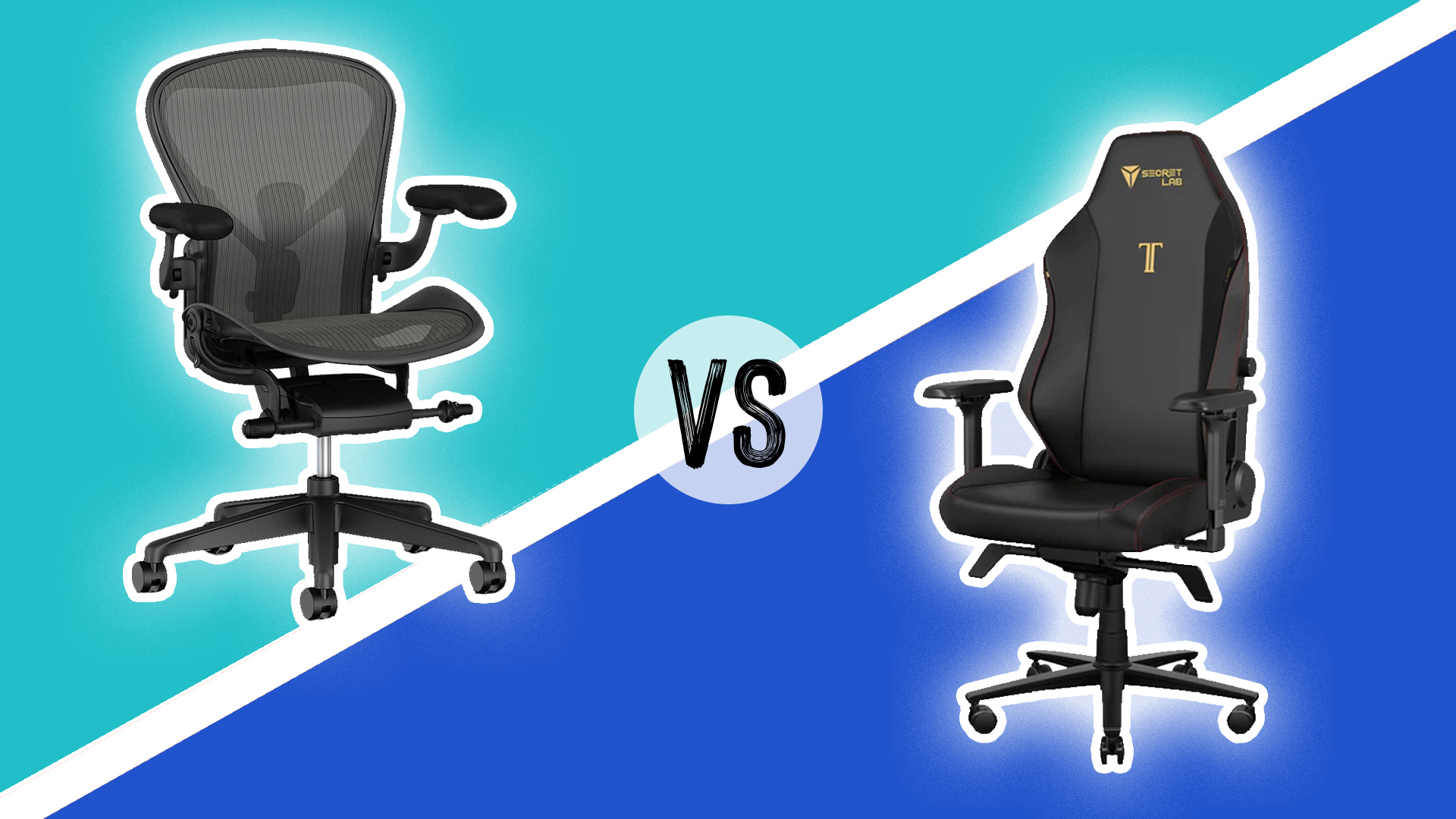
Comparing office chairs with gaming chairs may seem odd to you at first. Surely one is best for office work and the other is best for gaming? But actually, there's more to pitting office chairs vs gaming chairs, because ultimately what's important is which is most comfortable and ergonomic, not which section of people the sales team decided to target.
Here at Creative Bloq we're in a great position to answer this question. Over the years, I've tested a series of office chairs and gaming chairs, using each of them for several weeks in real-world tests to see how well they work. I consider everything from build, ergonomics and adjustability, design and aesthetics. And I treat office chairs exactly the same as gaming chairs.
In this article, I'll explore what I think are the main differences between office chairs and gaming chairs in context of ergonomics, aesthetics and value for money. If ergonomics is the priority for you, I've compiled the best office chairs for back pain, which includes gaming chair options, so definitely check that out.
1. Design and style
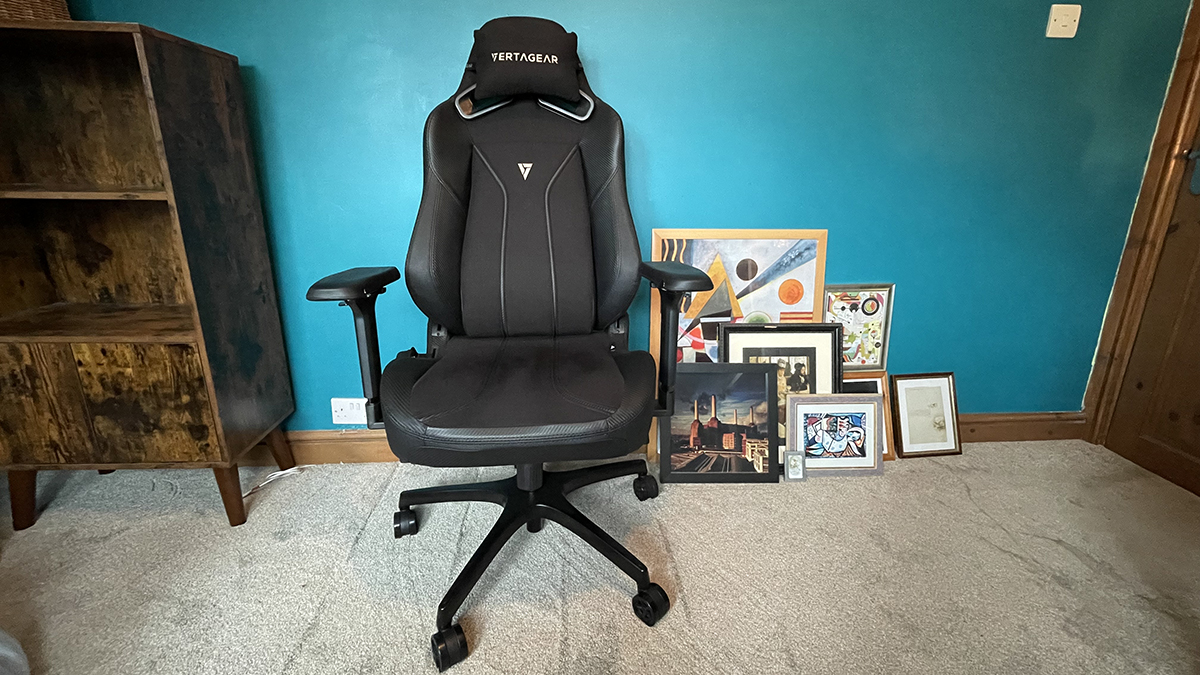
Office chairs come in many forms, offering vastly different aesthetics from each other. Gaming chairs can vary too, but there's usually a distinct 'gaming style' that's obvious at first glance. For example, often a bucket seat, winged backrests and a distinct racing influence, with go-faster stripes or lines in a highlighted colour or even LED lighting (gamers do love their LED lights!)
Whether you like this look comes down to personal taste, but generally a gaming chair looks like a gaming chair, and it can look a bit out of place in an office or studio. In contrast, an office chair tends to be more understated, with no gaudy colours, or oversized logos. And the best office chairs generally look sleek, stylish and more, well, grown-up than gaming chairs.
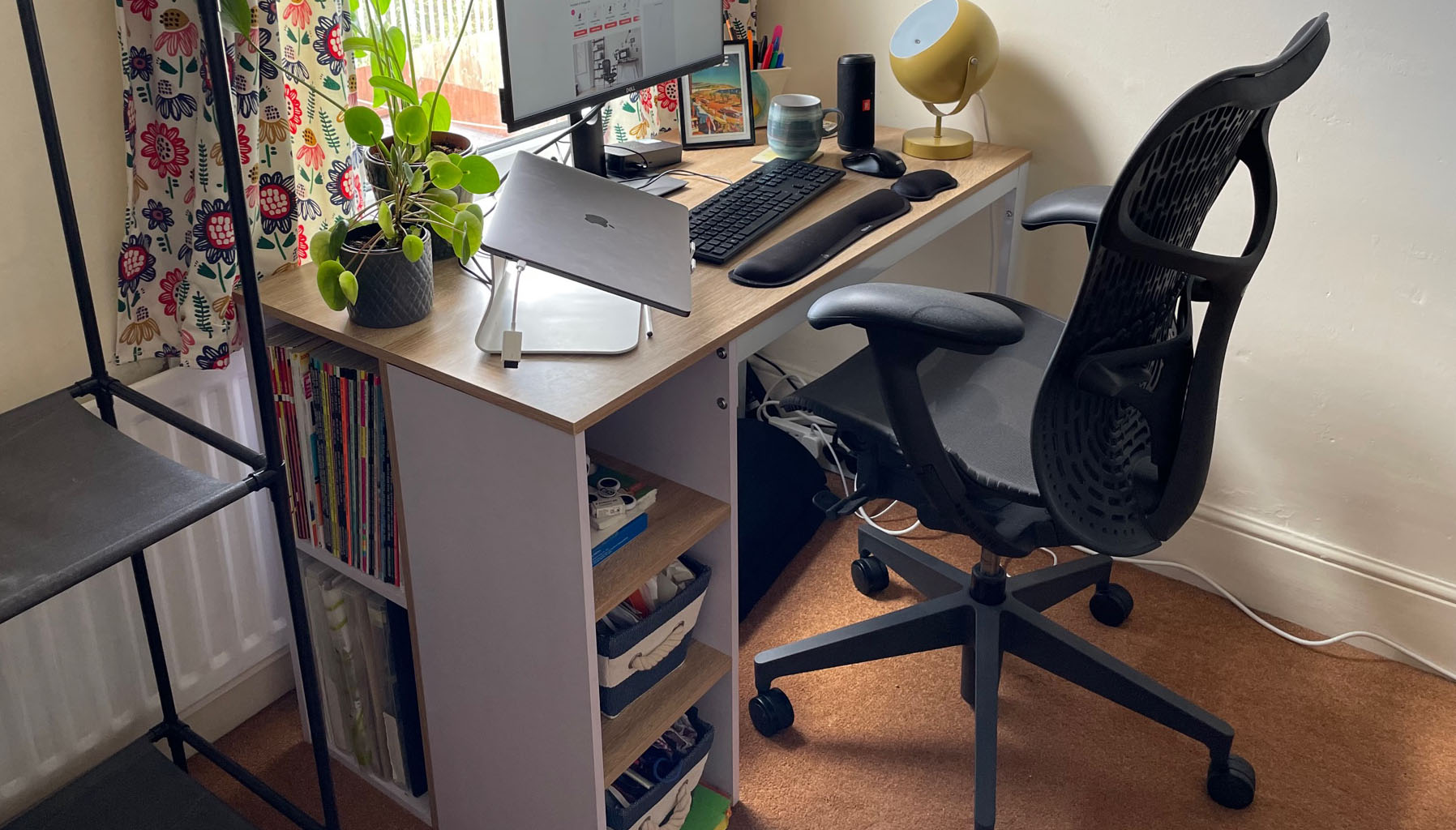
As for functionality, gaming chairs tend to go big on comfort, and tend to use a lot of padding for this reason. They also often recline further than some office chairs. However, padding and reclining does not necessarily mean great ergonomics, or mean they will be kind to your spine over time. For example, many gaming chairs do not provide dedicated lumbar (lower back) support.
Furthermore, while gaming chairs tend to have a solid back, many office chairs go for mesh backs, which allow air to flow, thus reducing heat and the risk of a sweaty back if you're working on a hot day.
2. Ergonomics
Although gaming chairs tend to be kitted out for comfort for long periods of sitting, many of them are not great for one of the most important factors in what makes a chair ergonomic: lumbar support.
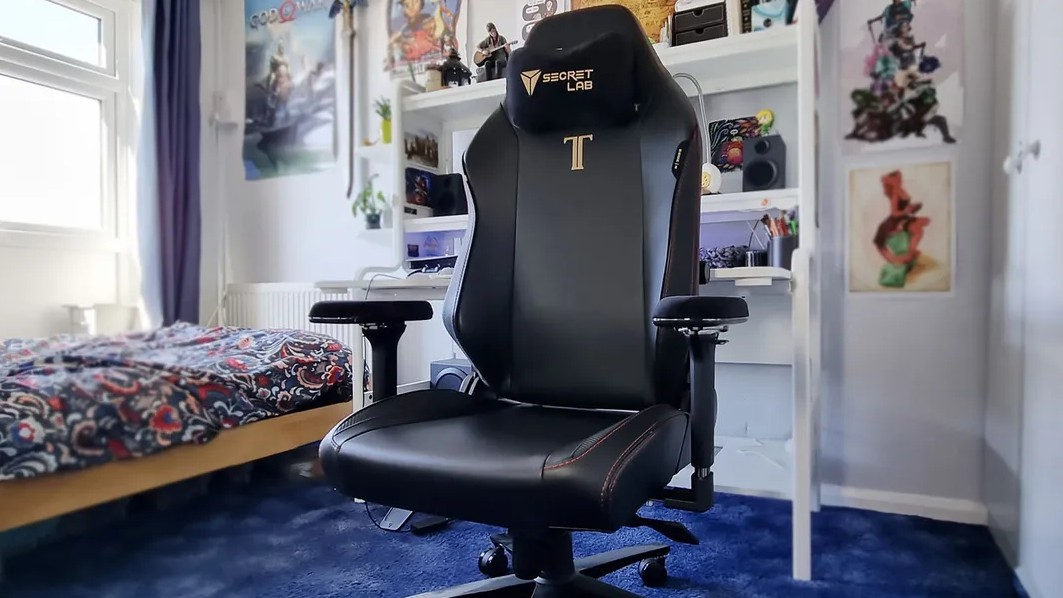
There are exceptions of course, and some of the best gaming chairs offer the same level of lumbar support as the best office chairs. For example, when we reviewed the Secretlab TITAN Evo 2022 chair, we loved its adjustable features like the lumbar support and backrest, which helped retain good posture. On the whole, though, for effective lumbar support, a good office chair will usually be the better bet.
Something else to note is that any gaming chairs have a raised front lip on the seat of the chair. This very slightly inclines the legs: not the best position for long periods sitting. Office chairs, on the other hand, tend to have a 90 degree waterfall edge, ensuring your feet stay flat on the ground.
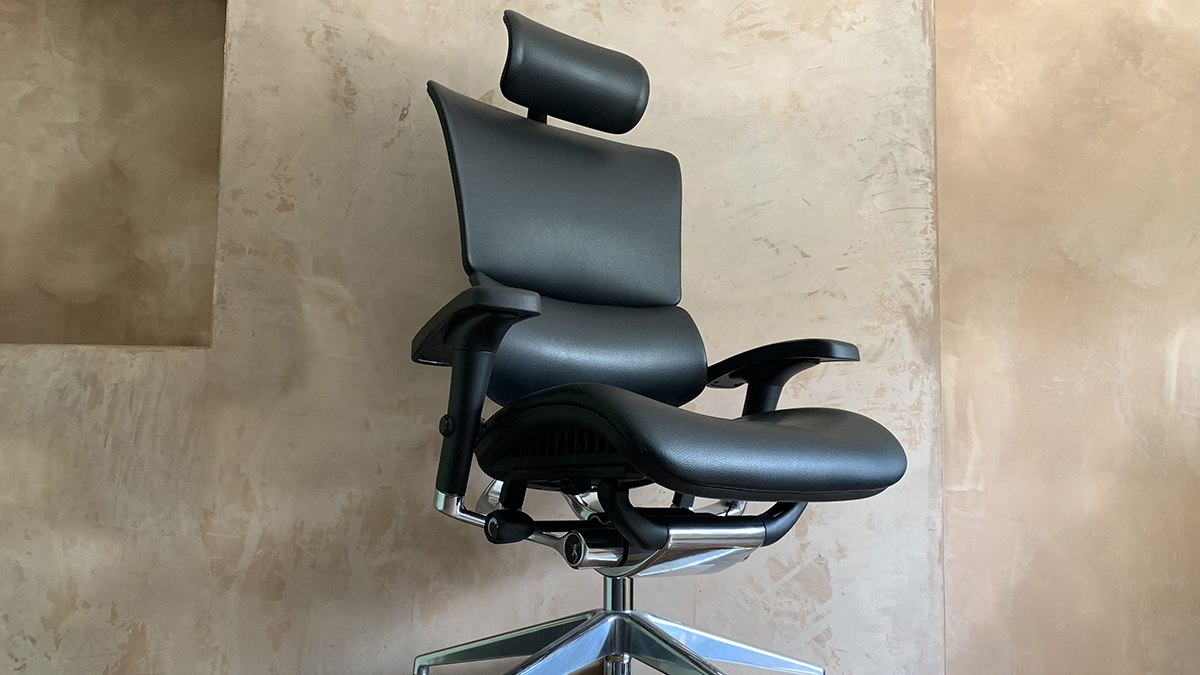
Furthermore, office chairs often include head support and more adjustability than gaming chairs: the X4 Executive leather chair is a good example. And adjustability means there's most chance of being to configure the chair so it perfectly fits your shape and build.
3. Durability
Which is likely to last longer: an office chair or a gaming chair? We'd argue this question doesn't have an obvious answer, because it's very much on a case-by-case basis.
On the one hand, many gaming chairs are made from fairly durable faux leather, and this tends of be of higher quality if you pay for a more expensive option. On the other gand, office chairs with mesh backs tend to last long, and more expensive options will usually have studier structures and better quality casters.
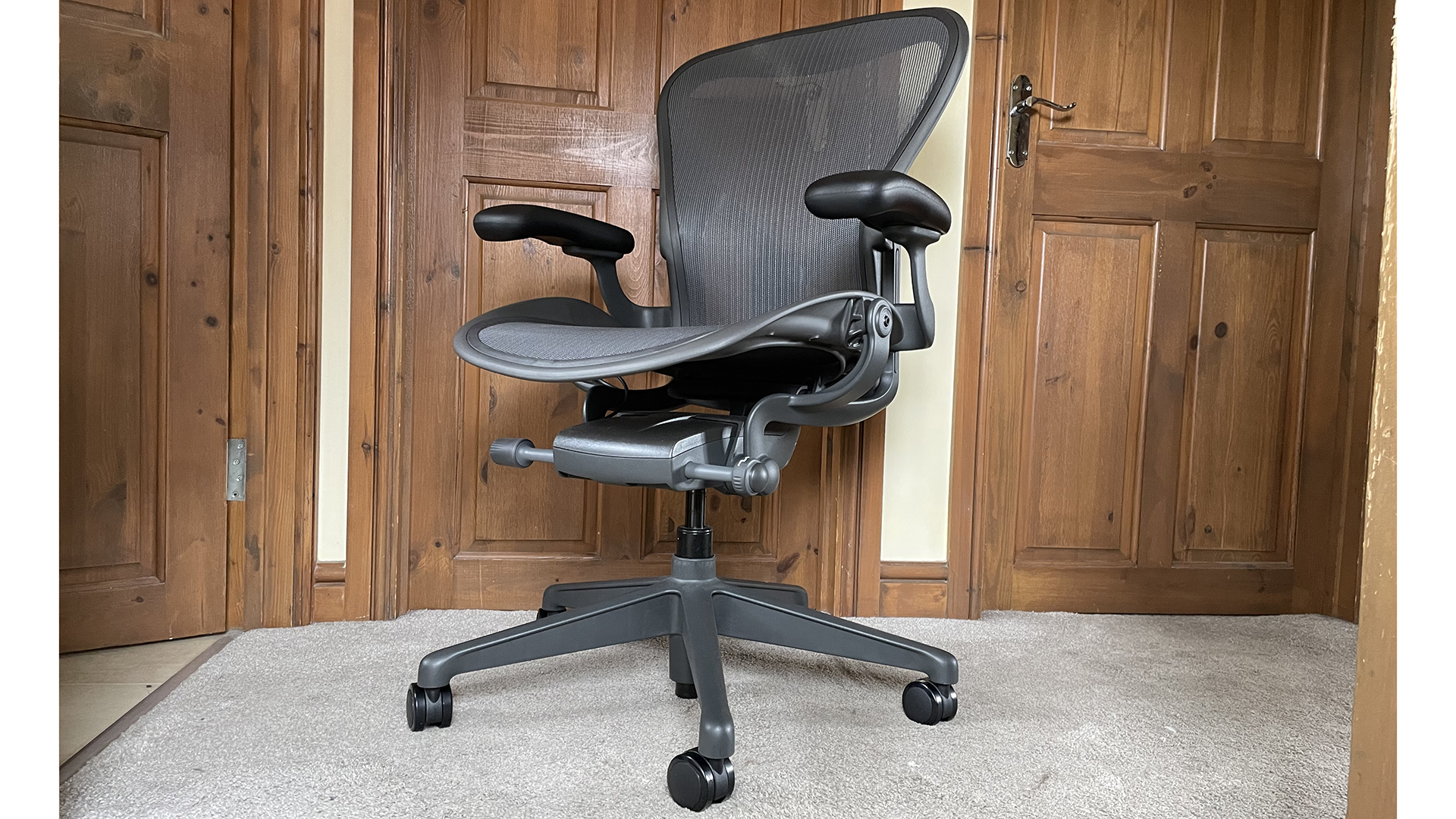
In short, the amount of money you're spending on a chair and its overall build quality will ultimately be a more important factor for durability than what type of chair it is.
4. Which is best for ergonomics?
Both office chairs and gaming chairs come in many different designs with varying levels of ergonomics. However, in our collective experience reviewing and testing chairs, we've found that office chairs are more likely to provide the lumbar support and adjustability needed to be truly ergonomic.
There will be exceptions, and you will find a gaming chair that hits all the ergonomic notes – the Embody chair from Herman Miller is styled as a gaming chair, and it's an ergonomic hit. But in general, the better ergonomics will be found in office chairs.
5. How to sit properly in a chair
Many of us were told as children to avoid slouching, and for good reason. Sitting up straight with your neck in a relaxed, neutral position is the best way to avoid developing bad habits. Your arms should be parallel to the floor, as should your feet, and avoid crossing your legs, at least most of the time, in order to allow correct blood circulation.
You should also aim to sit at about arm’s length from your computer screen with the top of the monitor level with your eyes, which will help to avoid you hunching to look down at your screen. More generally, it's a good idea to take breaks, get up and move around, and change posture during the day.
This will help you keep comfortable since the movement increases blood flow. It can also help keep you alert, more focused in generally in a better mood tool. Doing this doesn't have to involve setting a timer or anything too strenuous. It can be as simple as taking quick five-minute breaks when you can, rocking in your chair and changing the angle of the backrest. Ideally, you should also try to take some time to do recommended desk exercises.







